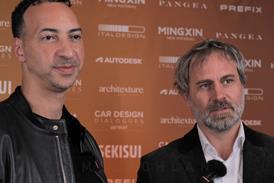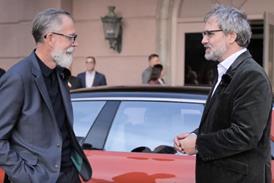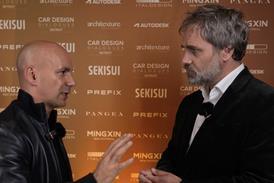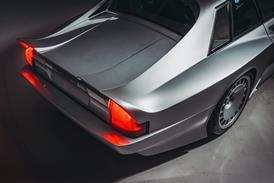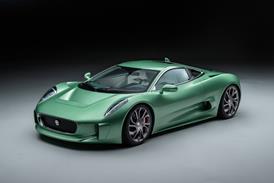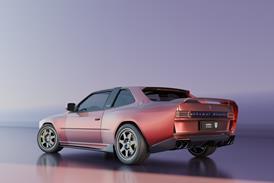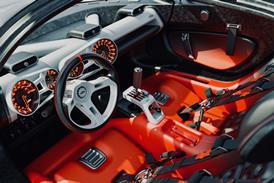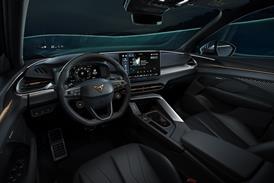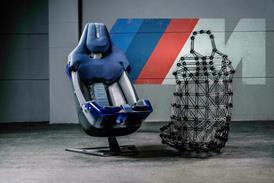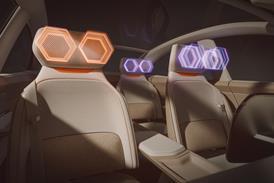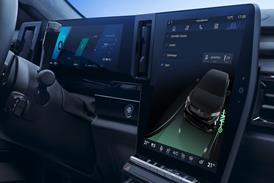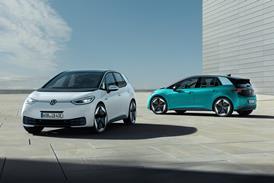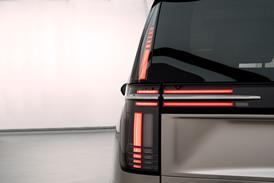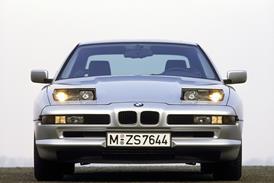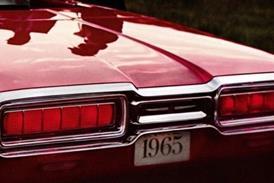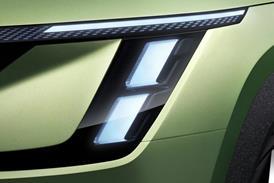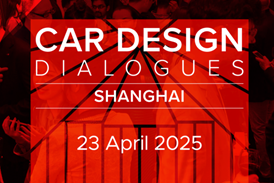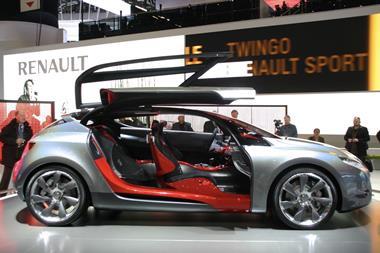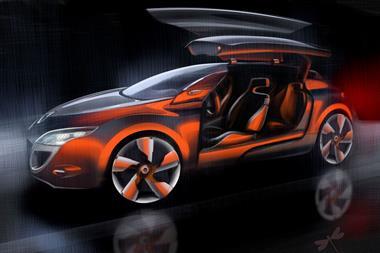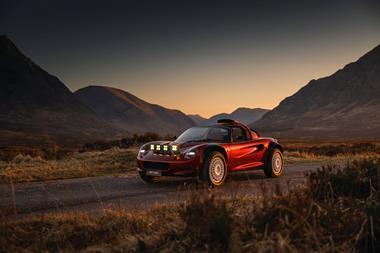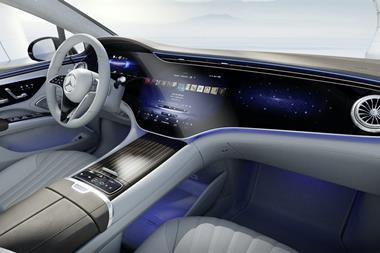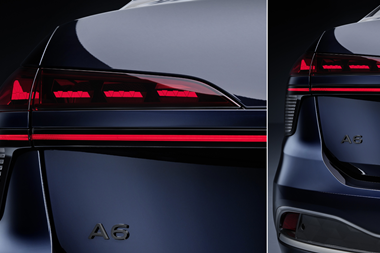Renault design this century hasn’t exactly met with universal approval. The Vel Satis, though radical, was largely unloved. The Avantime lasted only a couple of years in production. And even the company’s own employees admit the current Megane is a polarizing design: you either love it or hate it.







Renault design this century hasn’t exactly met with universal approval. The Vel Satis, though radical, was largely unloved. The Avantime lasted only a couple of years in production. And even the company’s own employees admit the current Megane is a polarizing design: you either love it or hate it.







So the next version of the Megane doesn’t just have to take on traditional rivals such as the Ford Focus, Vauxhall/Opel Astra and Volkswagen Golf. It has to repair Renault’s battered image too. It’s crucial to Renault’s fortunes in the mass market in more ways than one. The Megane Coupe Concept is a first look at that car.
As with the current Megane, the new model will be available in several body shapes: a small MPV, an estate, a five-door hatch and a three-door version designed to appeal to sportscar fans and rival the new Volkswagen Scirocco. This gives us more than a few hints as to what the latter car will look like. Indeed, according to Francois Leboine, the man responsible for its exterior design, this car is very indicative of the production model that’s to be unveiled this September at the Paris Motor Show. “A couple of things will change,” he says. “The proportions will be slightly different but the graphics will be largely the same.” That means the sporty high shoulder will remain, as will the narrow DLO.
The front of the finished model will be pretty much as the concept too. Unlike the latest Laguna, which has been derided for the ‘goggle eyed’ appearance of its headlamps, the front lights of this concept are in proportion. The hood also appears to have had more thought put into it than the Laguna’s boring affair and the step up from the front fenders successfully disguises the added volume needed to pass strict pedestrian impact legislation.
The rear, while bearing a family resemblance to the current Megane, is cleaner and the light play off the convex curve of the rear prow less complicated. The recessed rear lights however, although stunning, won’t make it to the production car. Neither will the doors. These are called ‘dragonfly’ because the glass separates from the door section to resemble an insect’s wings when they open. Although too impractical (and expensive) to make production, these electric powered openers don’t just look stunning, they make getting into both front and rear seats as easy as a conventional gullwing door would.
Once there, the cockpit has a minimal feel to it. The red lacquered carbon fiber of the seat shells, dash and center console give it a look of a designer kitchen: oozing quality but somehow not particularly soulful. The minimal buttons on the center console are flush with the dash because they’re touch sensitive. And there’s a single dial ahead of the driver. This incorporates a regular analogue speedometer with a digital unit within. The rev counter is a vertical dial attached to its left; a dial for the radio is to its right.
Starting the Megane Coupe Concept is simple. You unlock it with a Samsung mobile phone, slot this into the dash, press the center console mounted start/stop button and the two-liter turbo fires. The engine sounds gruff because that’s because this car is essentially a design concept with no sound deadening. However, you sit low, feeling nicely cocooned in the nubuck covered seats as you would in a sportscar and the overall feeling is that you’re in a true driver’s car. The manual six-speed gearbox feels tight and snappy and the controls are very direct. It’s impossible to say if the engine was pumping out the stated 200bhp in our test drive but around the sweeps of the CERAM test track in northern France it felt responsive and eager, turning into corners sharply and with minimal body roll.
Only the crashy ride proved a let-down from inside the car. But this will be worked on. And with a silhouette universally regarded as looking spot on for a three-door derivative of a new Megane, the Coupe Concept seems to prove that Renault’s designers have indeed rediscovered their Mojo.

